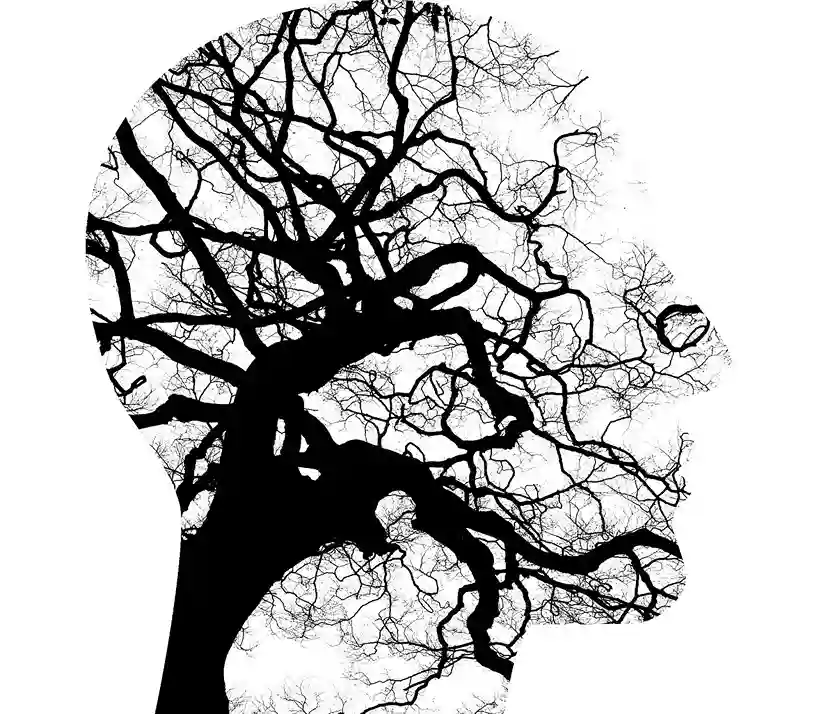 Understanding Bipolar Depression
Understanding Bipolar Depression
Bipolar disorder can feel overwhelming. It’s not just about feeling happy one moment and sad the next. It’s a serious mental health issue that causes extreme mood changes. Sometimes, people feel full of energy and excitement (that’s called mania or hypomania), and other times they feel very low and depressed. There are three main types of bipolar disorder, each with its mood patterns.
The Three Types of Bipolar Disorder
- Bipolar I Disorder: This type includes at least one manic episode. This means the person might feel extremely energized or excited. They can also have depressive episodes after the mania, which can be very difficult to deal with.
- Bipolar II Disorder: In this case, a person has at least one major depressive episode and one hypomanic episode, but no full-blown manic episodes. Hypomania is less intense than mania, but the depressive episodes can be very tough.
- Cyclothymic Disorder: This type is a bit milder. It involves many periods of hypomanic symptoms and more mild depressive symptoms lasting for a long time (at least two years for adults). Though the mood changes aren’t as severe, they can still be distressing.
What is Bipolar Depression?
Bipolar depression refers to the low mood episodes in bipolar disorder. During these times, a person might feel sad, tired, and lost interest in things they usually enjoy. This is different from unipolar depression, or major depressive disorder (MDD), which includes only depressive symptoms without any manic episodes. People with unipolar depression often feel consistently low and don’t experience the highs seen in bipolar disorder.
Symptoms of Bipolar Depression
When someone is going through a depressive episode, they might show these signs:
– Fatigue: Feeling very tired all the time, even after sleeping.
– Hopelessness: Feeling like things will never get better.
– Sleep Changes: Having trouble sleeping or sleeping too much.
– Appetite Changes: Eating a lot more or a lot less than usual.
– Concentration Problems: Finding it hard to think clearly or remember things.
– Withdrawal: Pulling away from friends, family, and hobbies.
– Feelings of Worthlessness: Feeling like a failure or not good enough.
– Thoughts of Self-Harm: Thinking about harming oneself or feeling suicidal.
What Causes Bipolar Depression?
There isn’t a single cause for bipolar depression. Genetics can play a big role. If someone in your family has had mood disorders, you might be more likely to experience them too. Life events, like stress or trauma, can also trigger depressive episodes. Hormonal changes and health problems may contribute as well. It’s important to notice personal triggers, like poor sleep, substance use, or problems in relationships.
How is Bipolar Depression Diagnosed?
Diagnosing bipolar depression can be tricky. Health professionals typically use interviews, mood charts, and questionnaires to understand a person’s symptoms and experiences. Sometimes, it can be hard to tell the difference between bipolar depression and other mood disorders.
Treatment Options
Treatment for bipolar depression usually includes both medication and therapy. Some common medications are mood stabilizers and antidepressants. Therapy can involve methods like Cognitive Behavioral Therapy (CBT). This helps people learn how to manage their thoughts and emotions better.
Final Thoughts
Living with bipolar depression can be tough, but there is hope. People can manage their symptoms and live fulfilling lives with the right support and treatment. If you or someone you care about is dealing with bipolar depression, reaching out for help is an important step. Remember, each day brings new chances for healing and growth.
FAQ
What is mental health?
Mental health refers to our emotional, psychological, and social well-being. It affects how we think, feel, and act and plays a crucial role in handling stress, relating to others, and making choices.
Why is mental health important?
Mental health is essential for overall well-being. It influences how we cope with challenges, relate to others, and function in our daily lives. Good mental health contributes to productivity, healthy relationships, and a higher quality of life.
How does mental health affect physical health?
Mental health and physical health are interconnected. Poor mental health can lead to physical issues, such as heart disease or weakened immune function, while chronic physical conditions can, in turn, affect mental health, creating a cycle that can be hard to break.
What are the signs of poor mental health?
A4: Signs of poor mental health can include persistent sadness, anxiety, changes in appetite or sleep patterns, withdrawal from friends and activities, and difficulty concentrating. If you experience these symptoms, it may be time to seek help.
How can I maintain good mental health?
Maintaining good mental health involves regular self-care, staying socially connected, managing stress, exercising, eating well, getting enough sleep, and seeking professional help when needed.
What should I do if I or someone I know is struggling with mental health issues?
It’s important to encourage seeking help from mental health professionals or support groups. Listening and providing support without judgment can also help those struggling to feel less alone.


 Understanding Bipolar Depression
Understanding Bipolar Depression

